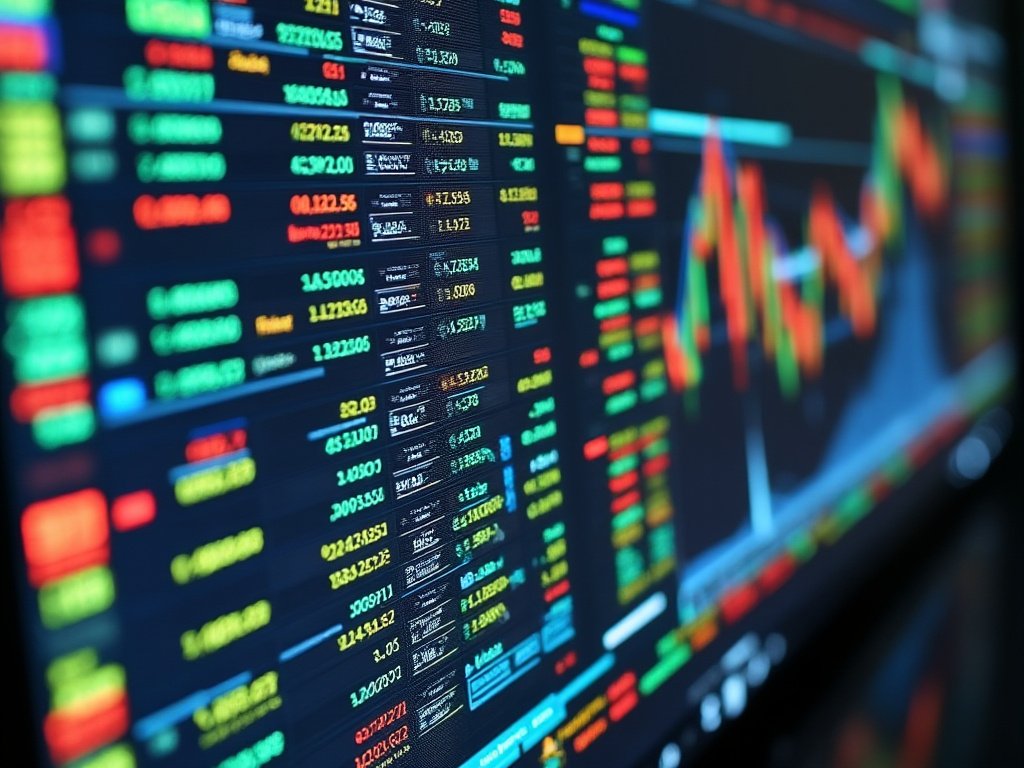
Before picking companies and purchasing stock, you must understand what you are doing. There are a lot of terms when it comes to stocks and it can be hard to know what’s relevant. Let’s start by answering some basic questions about stocks.
What is a stock?
In its simplest form, a stock is a tiny piece of ownership of a company. When a company is (or decides to become) a publicly traded company, it allows the public to buy ownership of the company. When you buy a share of stock, you have essentially become an owner of that company (albeit at a very tiny fraction of a percentage owner). This can come with certain benefits such as voting rights, dividends, and stock splits, all of which we will discuss later.
How do I buy and sell stock?
Most people will purchase and sell stocks through a broker (Robinhood, Fidelity, etc.) instead of doing so directly through the company. If you want to buy a stock, you will need to find out which ticker symbol it trades under. Once you have found that, you can place an order with your broker to purchase. You can either select a price you want to buy (this is called a limit order) or buy it at its current trading price (this is called a market order). Similarly, if you own a stock, you can sell it at a certain price or at whatever the market price currently is.
What determines a stock’s price?
There are a lot of different things that go into a stock’s price. Supply and demand play a part, and so do fear and greed. For this, we will talk about the basics that determine a stock’s price. Let’s say you own a share of stock that you want to sell. You place an order to sell that share at 100$. Now I want to buy a share of that same stock, so I put in a buy order at 90$. At this point, nothing happens and neither of our orders gets filled. Now if we both changed our price and agreed to buy and sell that stock at 95$ our order would be fulfilled, and that stock would be valued at 95$ a share. Now imagine this same scenario playing out but with hundreds, sometimes thousands of people all trying to buy and sell stock at the same time. This is how a stock price can go up and down as sellers are constantly trying to get the highest price for their stock while buyers are constantly trying to get the lowest price.
What should I do with a stock once I’ve bought it?
There are a lot of different opinions on this question. Some people try to buy a stock for a low price in the hopes that it will quickly rise in price so they can sell it for a nice profit. Others will hold onto a stock for years because they believe in the company and feel like they will continue to become more valuable over time. Some stocks will pay out a dividend to anyone who owns them. This is a payment they make to their shareholders, typically with profits from running the business, that can either be used to purchase more of the same stock or can be cash deposited into your account. This is usually based on the number of shares you currently own (Ex: a company may announce they will pay 1$ for every share you own so if you own 100 shares, they will send you 100$). People typically get into stocks to make money one way or another. Make sure you do your research and make the decisions that make you the most comfortable when it comes to selling or holding a stock.
If you feel comfortable with the basics of stocks and want to learn more, read our next section buying stocks here.